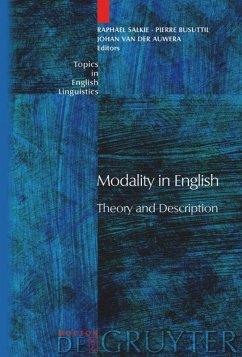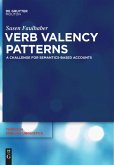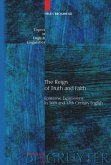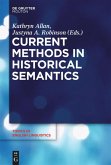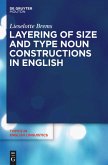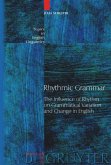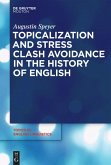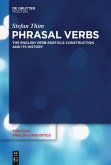This volume presents two kinds of studies on English modality.
On the one hand, there are strongly empirical, corpus-based studies of individual uses of English modal auxiliaries and modal constructions, such as may in interrogatives, might in concessive clauses, shall and may vs must in legal English, the use of surprised if and surprising if constructions, the use and history of adhortative constructions, or the modal-aspectual use of come to in I came to realize that X. The book also contains work that presents new views on some of the classical issues, like the relations between modality and time, modality and commitment, modals and (inter)subjectivity. A special place is given to work that approaches the English modals from the perspective of the 'Theory of Enunciative Operations' developed by the French linguist Antoine Culioli and his colleagues.
Thus the book provides new perspectives and answers on basic questions about modality, in general, and its expression in English, in particular.
On the one hand, there are strongly empirical, corpus-based studies of individual uses of English modal auxiliaries and modal constructions, such as may in interrogatives, might in concessive clauses, shall and may vs must in legal English, the use of surprised if and surprising if constructions, the use and history of adhortative constructions, or the modal-aspectual use of come to in I came to realize that X. The book also contains work that presents new views on some of the classical issues, like the relations between modality and time, modality and commitment, modals and (inter)subjectivity. A special place is given to work that approaches the English modals from the perspective of the 'Theory of Enunciative Operations' developed by the French linguist Antoine Culioli and his colleagues.
Thus the book provides new perspectives and answers on basic questions about modality, in general, and its expression in English, in particular.

